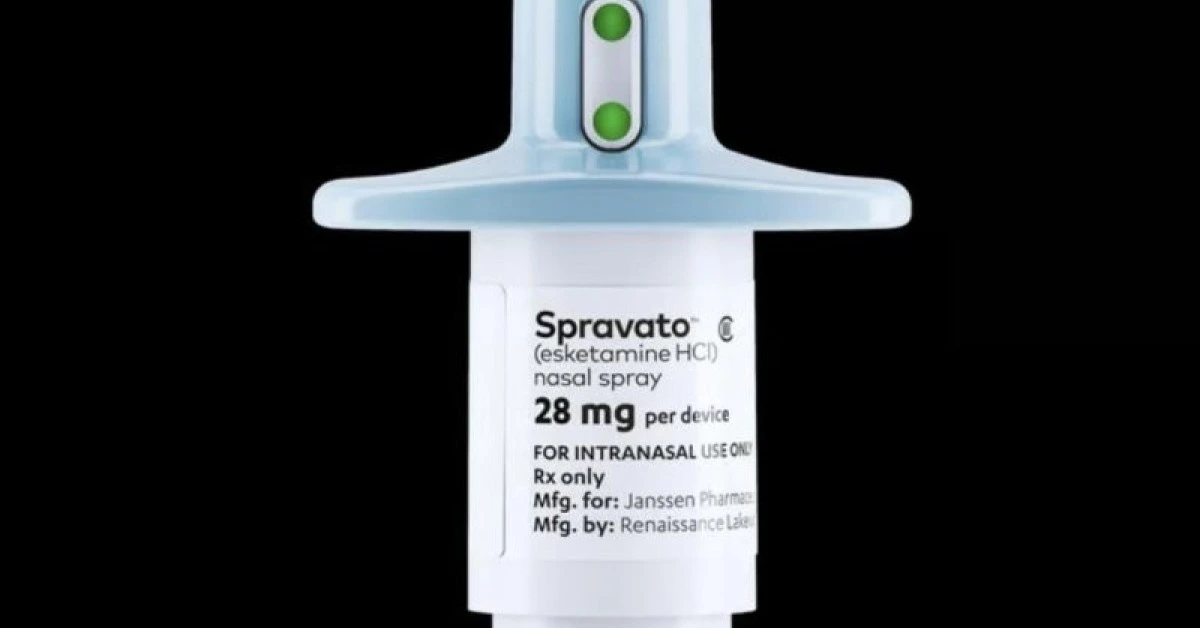
USA – Johnson & Johnson’s Spravato (esketamine) is poised for accelerated growth following the FDA’s approval of a new indication for the innovative antidepressant.
The drug, which initially gained approval in 2019 for use alongside other antidepressants in treatment-resistant depression (TRD), is now the first standalone therapy cleared by the FDA for adults with TRD.
This approval builds on its subsequent 2020 label extension for individuals with major depressive disorder (MDD) experiencing suicidal thoughts or behaviors.
The expanded label provides a crucial new treatment option for patients who have not found relief through multiple antidepressant regimens or cannot tolerate conventional therapies.
By allowing earlier use in the treatment pathway, Spravato could significantly impact the care of patients with hard-to-treat depression.
Despite a slow market entry—partly due to physicians’ initial reluctance to prescribe a medication derived from ketamine, a substance with a history of recreational misuse—Spravato’s proven efficacy has spurred rapid adoption.
In the first nine months of 2024, its sales surged nearly 65% to US $780 million, positioning it to surpass the US $1 billion sales milestone by year-end.
The FDA’s decision followed a priority review, with the approval underpinned by data from the TRD4005 study presented at last year’s American Society of Clinical Psychopharmacology (ASCP) meeting.
The trial demonstrated that Spravato, administered as a nasal spray, achieved a rapid and statistically significant reduction in depressive symptoms compared to placebo when used as a monotherapy in TRD.
After four weeks, 22.5% of patients treated with Spravato achieved remission—defined as a Montgomery-Åsberg Depression Rating Scale (MADRS) score of 12 or below—versus 7.6% in the placebo group.
Remarkably, some patients experienced measurable symptom improvement within 24 hours of their first dose, highlighting Spravato’s rapid onset of action.
This swift effect sets Spravato apart from traditional oral antidepressants, which often take weeks to deliver noticeable benefits and are frequently ineffective in treatment-resistant cases.
“Treatment-resistant depression can be very complicated, especially for patients who do not respond to oral antidepressants or cannot tolerate them,” explained Bill Martin, J&J’s head of neuroscience.
“For too long, healthcare providers have had few options to offer patients much-needed symptom improvement,” he added.
Approximately 21 million adults in the U.S. live with MDD, and about one-third of them do not respond to standard oral antidepressant treatments.
So far, Spravato has been used to treat around 140,000 patients globally, according to J&J.
XRP HEALTHCARE L.L.C | License Number: 2312867.01 | Dubai | © Copyright 2025 | All Rights Reserved